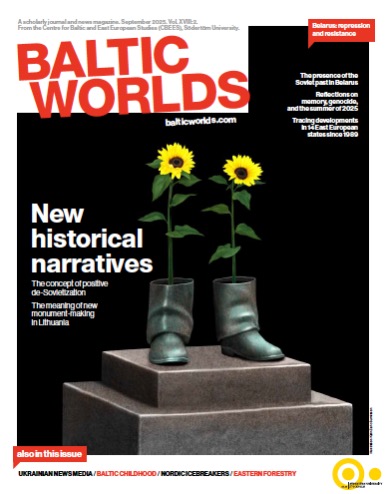The essay analyzes the role of Western art institutions in supporting and promoting imperialist views on both the cultural and political history of what once was the Russian Empire, then the Soviet Union, and then the so-called “post-Soviet” space while they universalized and homogenized the multiple, complex, heterogenic, interconnected voices that temporally and spatially fell within the boundaries of the Russian Empire in its various forms. It looks into the case of the market-driven umbrella terms of “Russian art” and “Russian avant-garde,” as presented in several exhibitions in major Western museums between 2016 and 2019, dedicated to the centennial of the October Revolution, often called the Russian Revolution. The research focuses on the artists connected to Ukraine. It attempts to do them epistemic justice by restoring the complexity of the interconnections, contexts, and traditions they grew out of and were inspired by, as well as the ones they reworked, deconstructed, and revolutionized. By referring to decolonial thinkers, it combines and compares how imperial thinking, frames of reference, and coloniality work in symbolic and knowledge production.

 Issue 2025, 2:
Issue 2025, 2: